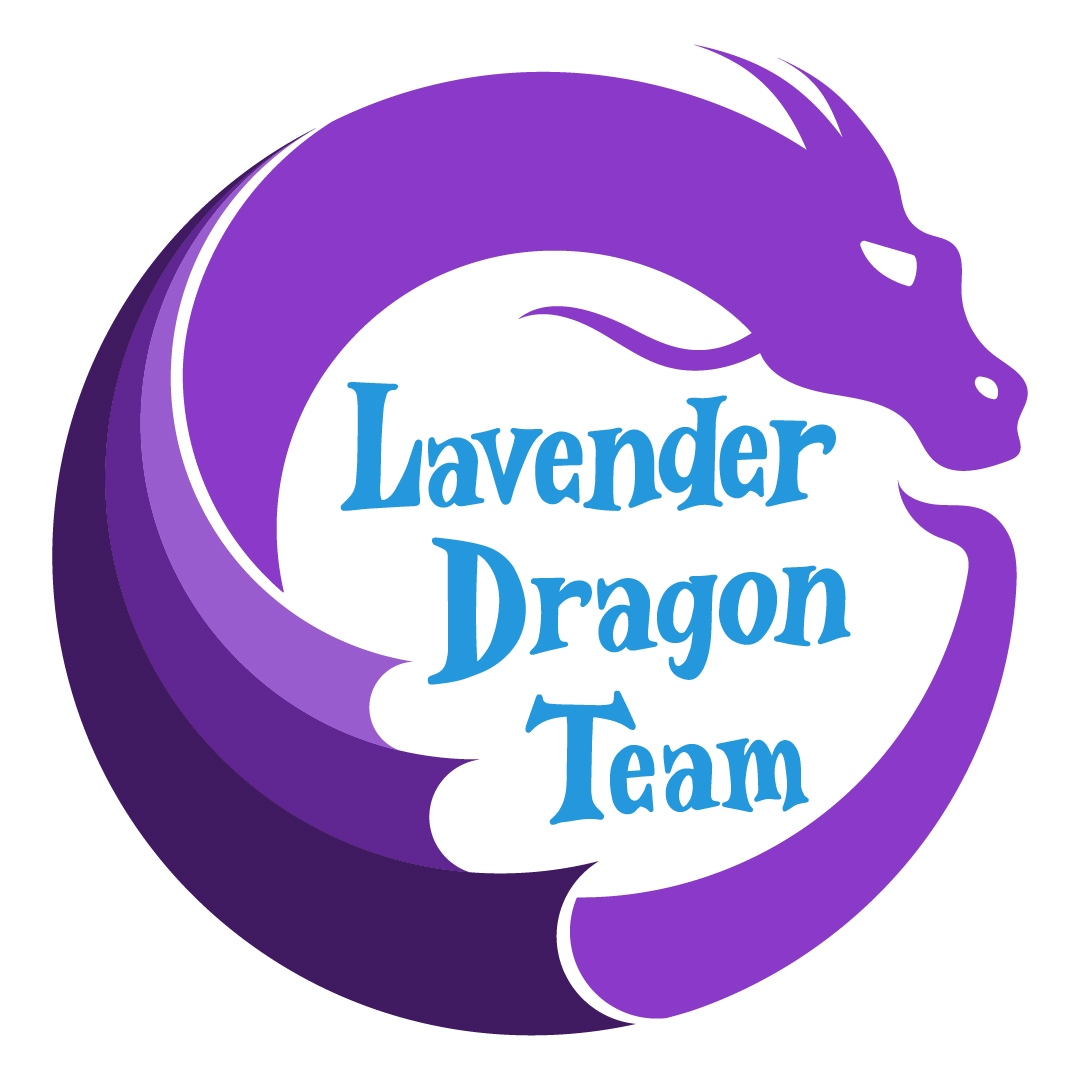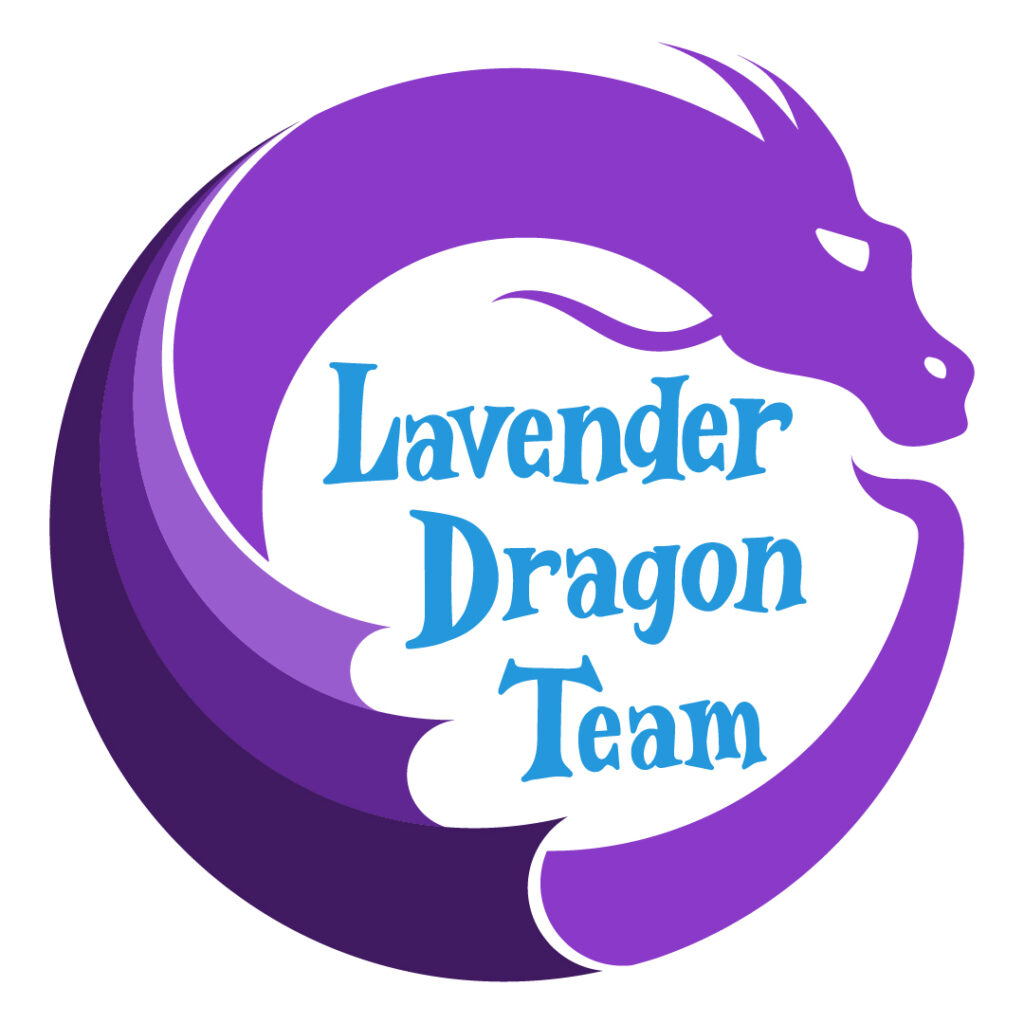
Studies show a rising apathy among students toward their education, making teaching more difficult. Traditional teaching approaches are thought to be particularly difficult to engage younger learners. Numerous students believe traditional education to be boring and ineffective, despite ongoing attempts by educational experts to implement unique and innovative teaching techniques. This is where the role of gamification comes in!
Teachers’ techniques need to be improved to address the issues of effective knowledge transfer. The application of gamification in learning has drawn more interest as a potential remedy from the education sector, as well as from academia and the business sector. The number of articles concerning gamification in top journals has increased in recent years. This is due to the ability of gamification to provide innovative alternatives for learners to develop skills and gain knowledge.
Effects of Gamification on Knowledge Retention
There is a lot of evidence that shows the positive impact of gamification on knowledge retention. One of them is research by Putz et al. where they examine whether there are notable knowledge gaps between students who attended a full-day gamified session and those who weren’t introduced to it. The result showed that gamification might be ideal for improving short-term knowledge memory since the gamified group considerably outperformed the non-gamified group and achieved significantly better short-term knowledge scores. Gamifying learning experiences boost student engagement and motivation, increasing retention of the information learned. Similar results are discovered by Putz & Treiblmaier in their study.
The constant improvement of methodologies shows how beneficial it is to use gamification elements in educational activities. That is emphasized in the study conducted by Putz et al. among 617 secondary and tertiary education students. The gamification-enhanced workshop designs produced increased levels of information retention that surpassed the standard values from educational literature. They discovered that gamification had a beneficial effect on memory retention.
Effects of Gamification on Student Retention
One of the significant problems with learning at scale is low student retention rates. This is especially true with Massive Open Online Courses (MOOCs), as there is always only a limited number of users who finish the courses. Retention rates of students in this learning mode are estimated to be fewer than 10 percent. Online course participants claim a variety of drawbacks contributed to their dropout. Gamification is seen to be a viable method for increasing student engagement and mitigating some of the downsides associated with online learning.
There is numerous research investigating the effects of gamification on student retention. One of these studies was administered by Krause et al. When they made the course interface more game-like in their experiment, students in the trial demonstrated a substantial increase in retention time of 25 percent and higher average scores of 23 percent. Social game components considerably augment this impact; participants in this scenario demonstrated a 50% increase in retention time and a 40% rise in average test scores.
Furthermore, in a systematic literature review by Jarnac de Freitas & Mira de Silva, six MOOCs contrasted the same MOOC’s gamified version versus its simple version, which lacked game design components. Out of the six, two did not discover an improvement in retention rate, while four did. The overall review was made of 22 papers from 2014 to 2019, and the results have favorable outcomes—gamified MOOCs often have higher participation and retention rates.
References:
Jarnac De Freitas, M., & Mira Da Silva, M. (2020). Systematic literature review about gamification in MOOCs. Open Learning: The Journal of Open, Distance and e-Learning, 1–23. https://doi.org/10.1080/02680513.2020.1798221
Krause, M., Mogalle, M., Pohl, H., & Williams, J. J. (2015). A Playful Game Changer. Proceedings of the Second (2015) ACM Conference on Learning @ Scale. https://doi.org/10.1145/2724660.2724665
L. M. Romero-Rodríguez, M. S. Ramírez-Montoya and J. R. V. González, “Gamification in MOOCs:
Engagement Application Test in Energy Sustainability Courses,” in IEEE Access, vol. 7, pp. 32093-32101, 2019, doi: 10.1109/ACCESS.2019.2903230.
Martí-Parreño, J., Méndez-Ibáñez, E., & Alonso-Arroyo, A. (2016). The use of gamification in education: a bibliometric and text mining analysis. Journal of Computer Assisted Learning, 32(6), 663–676. https://doi.org/10.1111/jcal.12161
Putz, Lisa-maria and Treiblmaier, Horst, Increasing Knowledge Retention through Gamified Workshops:
Findings from a Longitudinal Study and Identification of Moderating Variables (January 21, 2019).
Proceedings of the 52nd Hawaii International Conference on System Sciences (2019); ISBN: 978-0-9981331-2-6 , Available at SSRN: https://ssrn.com/abstract=3319857
Putz, L. M., Schmidt-Kraepelin, M., Treiblmaier, H., & Sunyaev, A. (2018, October). The Influence of Gamified Workshops on Students’ Knowledge Retention. 40–47.
Putz, L. M., Hofbauer, F., & Treiblmaier, H. (2020). Can gamification help to improve education? Findings from a longitudinal study. Computers in Human Behavior, 110, 106392. https://doi.org/10.1016/j.chb.2020.106392
Woolwine, S., Romp, C. R., & Jackson, B. (2019). Game On. Journal for Nurses in Professional Development, 35(5), 255–260. https://doi.org/10.1097/nnd.0000000000000570

